Tips for food intake
Energy Balance
Energy balance refers to the relationship between the amount of energy (calories) consumed through food and beverages and the amount of energy expended through physical activity and bodily functions. Here are some key points about energy balance:
- Caloric surplus
- Caloric deficit
- Maintenance
- Metabolism
- Importance for fitness goals
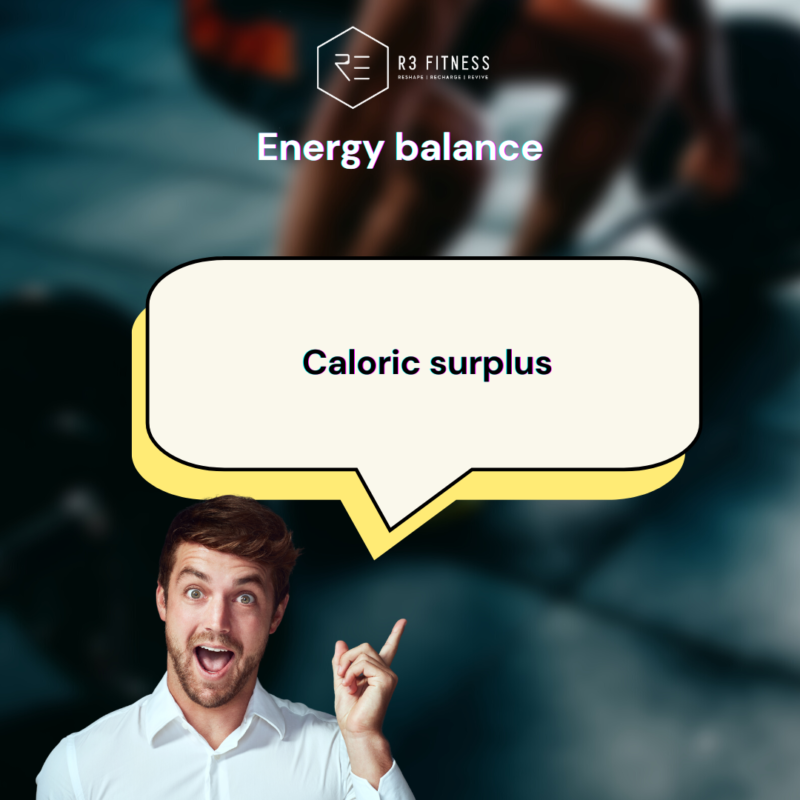
Caloric surplus
Consuming more calories than the body burns through physical activity and bodily functions can lead to a caloric surplus, which can result in weight gain and increased body fat.
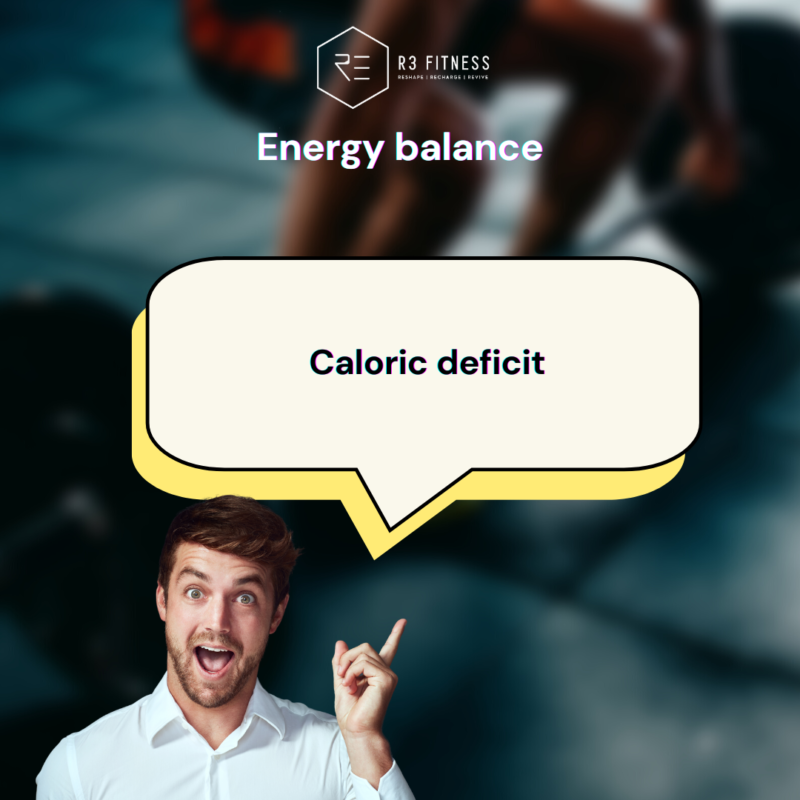
Caloric deficit
Consuming fewer calories than the body burns can lead to a caloric deficit, which can result in weight loss and decreased body fat.
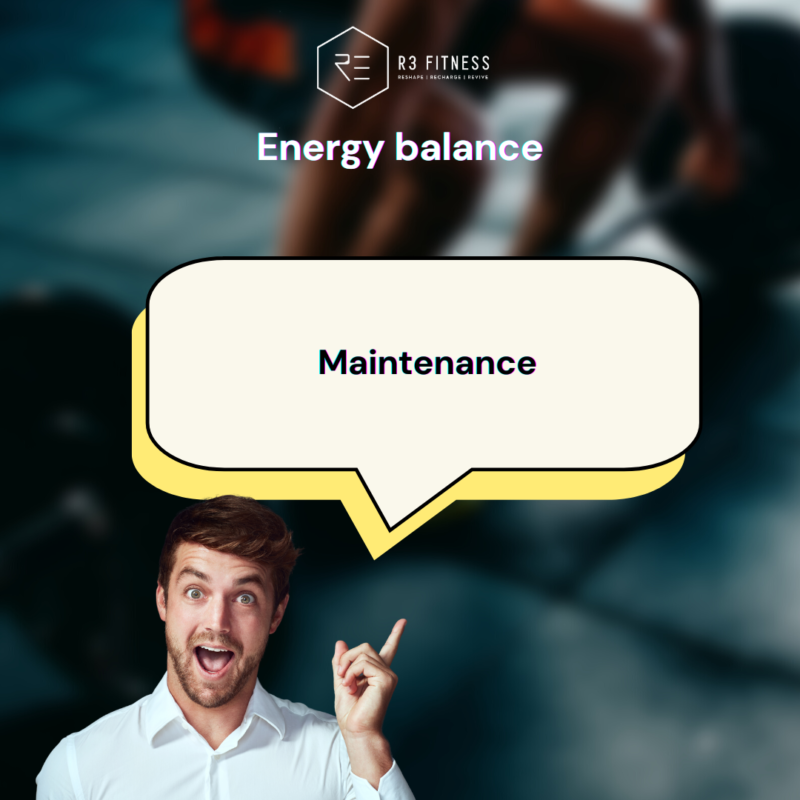
Maintenance
Consuming the same number of calories as the body burns can help to maintain body weight and body fat levels.
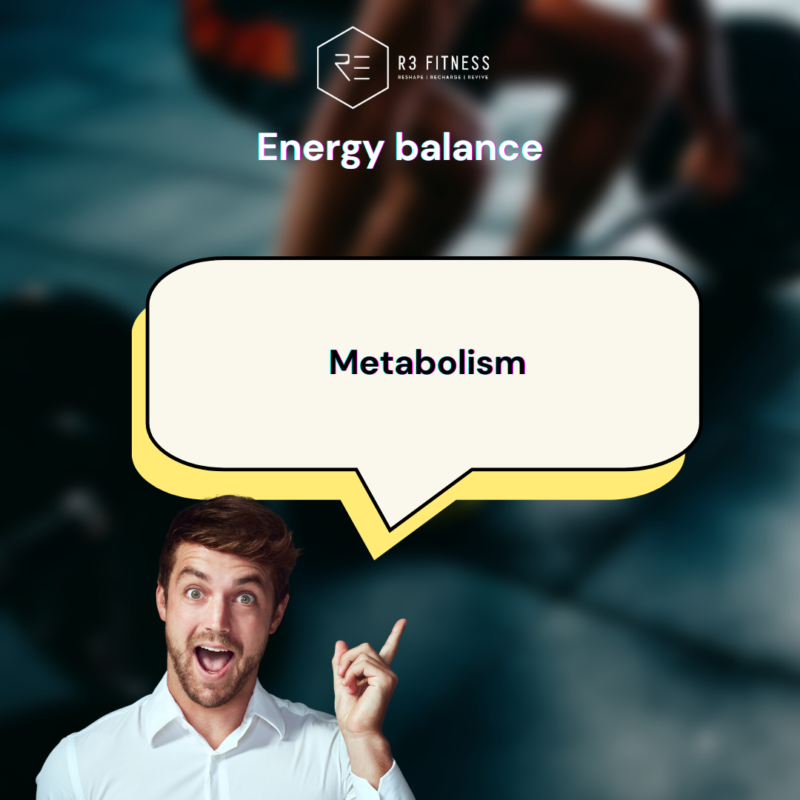
Metabolism
Metabolism refers to the rate at which the body burns calories for energy. Factors such as age, gender, body composition, and physical activity level can impact metabolism and energy balance.
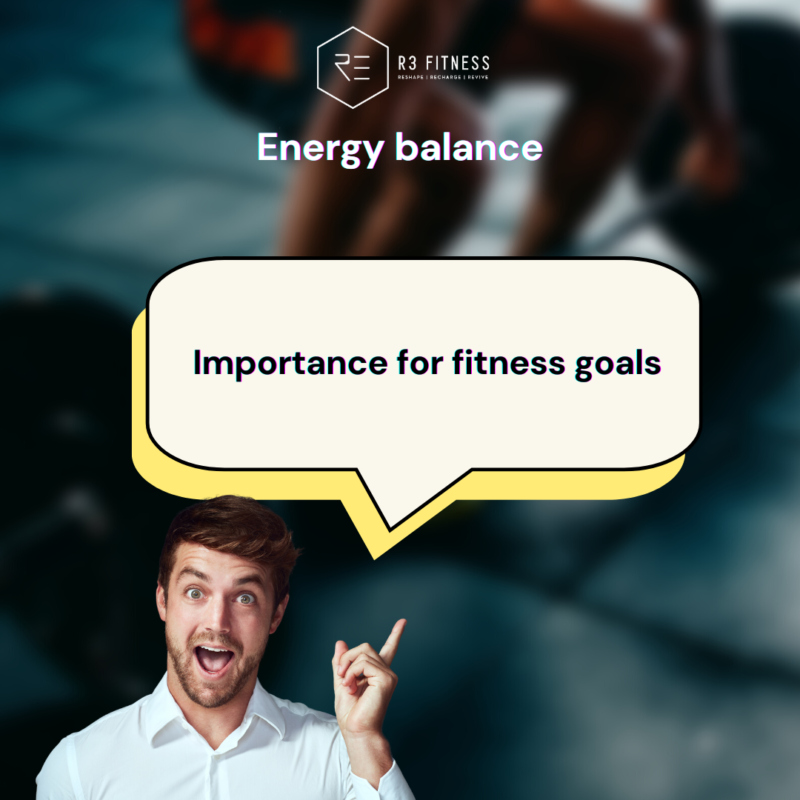
Importance for fitness goals
Energy balance is an important consideration for individuals looking to achieve fitness goals. In order to optimize body composition and support athletic performance, it’s important to balance caloric intake and physical activity in a way that supports individual goals.
Overall, energy balance is an important aspect of overall health and fitness. By understanding and balancing caloric intake with physical activity, individuals can optimize body composition, support athletic performance, and maintain overall health and wellbeing.

